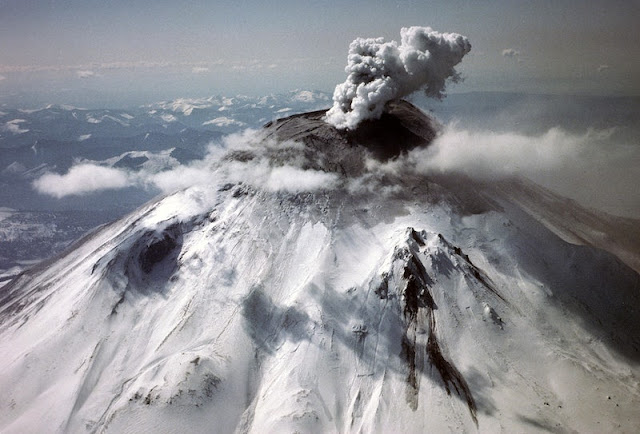
Geological hazards, such as earthquakes, landslides, and volcanic eruptions, can have devastating impacts on communities and individuals. However, there are steps that people can take to minimize the risks associated with these hazards and to cope with them when they do occur. Here are some tips for coping with geological hazards:
- Know the hazards that are common in your area. Every region has its own unique set of geological hazards, so it’s important to be aware of the specific risks that you may face. This will help you to take the appropriate precautions and to be prepared in case of an emergency.
- Develop an emergency plan. Make a plan with your family or household to ensure that everyone knows what to do in case of a geological hazard. This should include an evacuation plan, a designated meeting place, and a plan for communicating with each other if you are separated.
- Prepare an emergency supply kit. It’s important to have essential supplies on hand in case of a geological hazard. This should include non-perishable food, water, a first-aid kit, flashlights, and a battery-powered radio.
- Stay informed. During a geological hazard, it’s important to stay informed about the situation and any updates or instructions from emergency officials. This can be done through local news sources, social media, or emergency alert systems.
- Follow evacuation orders. If you are advised to evacuate by emergency officials, it’s important to do so as quickly as possible. This will help to ensure your safety and the safety of others.
- Take care of yourself and others. If you have been affected by a geological hazard, it’s important to prioritize your physical and mental well-being. This may include taking care of any injuries, seeking support from friends and family, and finding ways to manage stress and anxiety.
- Secure your home or workplace. If you live in an area prone to earthquakes, for example, it’s a good idea to take steps to secure your home or workplace. This may include securing heavy objects, such as bookshelves and TVs, to the wall, and fastening down water heaters and gas appliances.
- Learn first aid and CPR. Knowing how to provide first aid and CPR can be crucial in the aftermath of a geological hazard, as injuries may occur. Consider taking a first aid and CPR class to prepare yourself for emergencies.
- Know your insurance coverage. It’s a good idea to familiarize yourself with your insurance coverage in the event of a geological hazard. This will help you to understand what is covered and what is not, so you can be better prepared in case of an emergency.
- Get involved in your community. One of the best ways to cope with geological hazards is to be a part of a strong and supportive community. Consider volunteering with a local emergency response team or disaster preparedness organization, or get involved in community efforts to improve disaster preparedness and response.
By following these tips, you can better cope with geological hazards and minimize the risks associated with them. While these events can be frightening and stressful, taking the necessary precautions and being prepared can help to ensure your safety and the safety of those around you.
